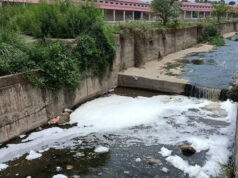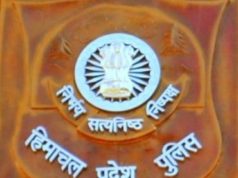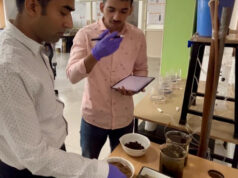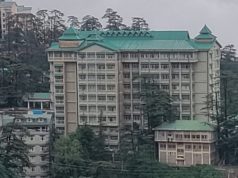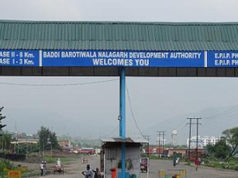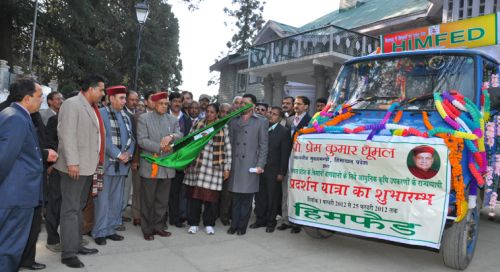Shimla – In a significant move addressing environmental and public health concerns, the Himachal Pradesh High Court has ordered a detailed investigation into groundwater pollution in the Baddi Barotiwala industrial area. The court has mandated the government to collaborate with the Indian Institute of Technology (IIT) Mandi for this comprehensive study.
The directive came from a division bench comprising Chief Justice MS Ramachandra Rao and Justice Satyen Vaidya, following a hearing of a public interest petition. The petition raised alarms about the escalating pollution levels in the Baddi area, attributed to the improper treatment of wastewater discharged from local industrial units.
Also Read: Baddi-Barotiwala Groundwater: A Toxic Cocktail of Cancer-Causing Metals
As part of the investigation, the High Court had previously called for a status report from several key officials, including the Chairman of the Pollution Control Board, the District Magistrate of Solan, the SDM of Nalagarh, the CEO of Baddi Barotiwala Nalagarh Development Authority, a representative from the Baddi Barotiwala Nalagarh Industries Association, and the CEO of Baddi Infrastructure and Baddi Technical Training Institute. The report was intended to address the issue of the underutilization of the Common Effluent Treatment Plant (CETP) in Baddi.
Despite being established at a significant cost of approximately Rs 60 crore, the CETP, which has a proposed capacity to treat 250 lakh liters of wastewater per day, is currently processing only 110 lakh liters daily. This underperformance was brought to light during a quarterly meeting of the Zila Parishad, where officials from the Pollution Control Board highlighted the disparity between the plant’s capacity and its actual utilization.
The untreated industrial wastewater is reportedly contaminating the natural water sources in the area, leading to health problems among the local population. The High Court’s intervention underscores the urgency of addressing these environmental issues and protecting public health.
The involvement of IIT Mandi is expected to bring rigorous scientific analysis to the investigation. This step aims to pinpoint the sources of pollution, assess the extent of contamination, and recommend remedial measures to mitigate the environmental impact.
The next hearing on this case is scheduled for June 27, where further details of the investigation and potential solutions will be discussed. The High Court’s proactive stance provides hope for the residents of Baddi and surrounding areas, signalling a commitment to resolving the pollution issues that have plagued this industrial hub.


